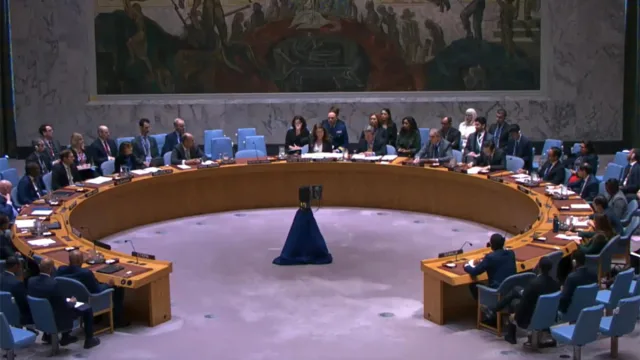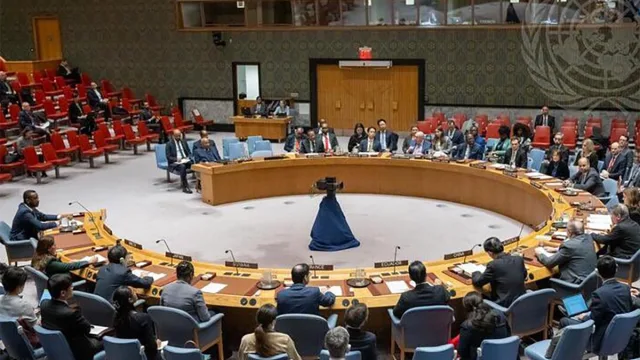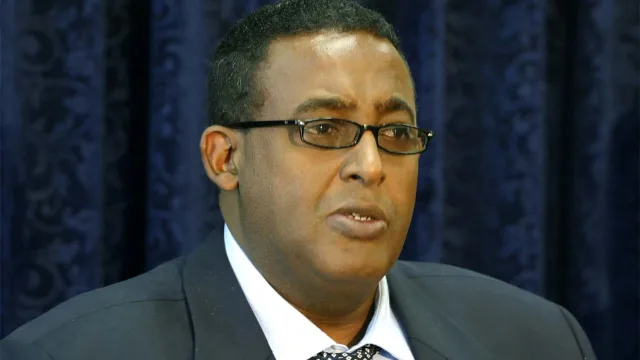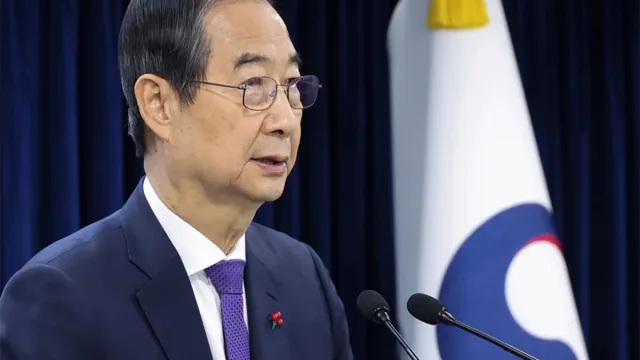The political standoff between Somalia’s Federal Government and Ahmed Madobe, the leader of Jubaland, reveals the deep fractures within the country’s power structure.
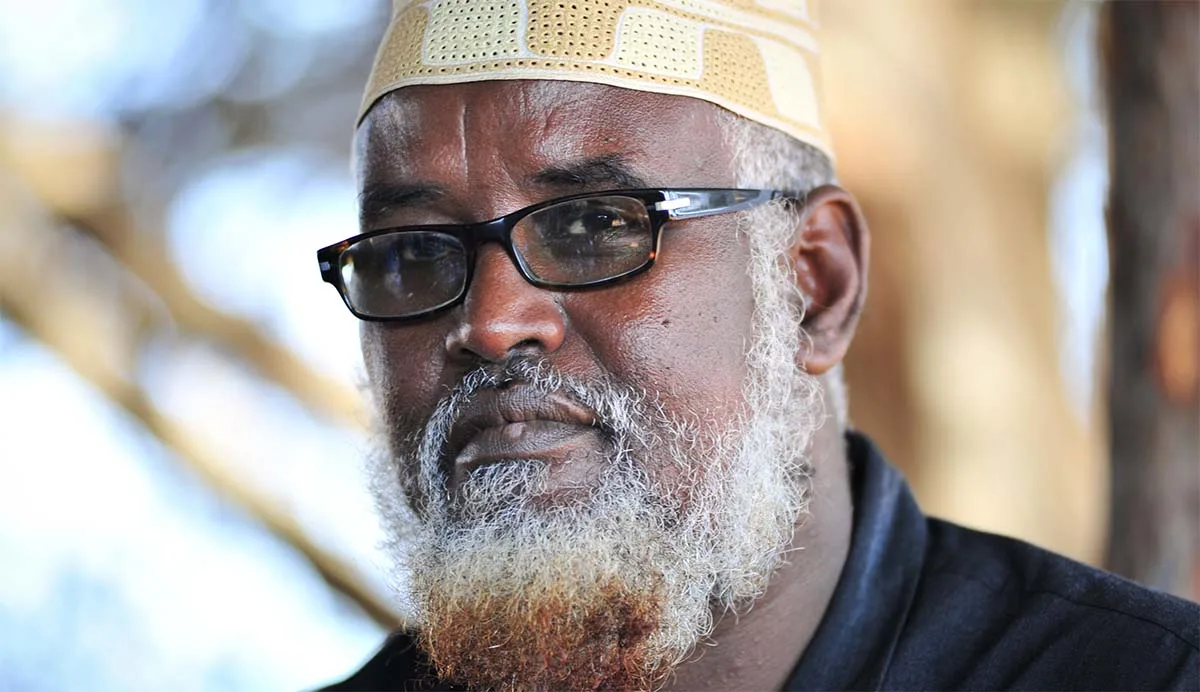
The current confrontation between Somalia’s Federal Government and Ahmed Madobe represents more than a simple regional dispute – it is a complex power struggle that reveals the intricate political landscape of a nation still finding its footing.
Ahmed Mohamed Islam, better known as Ahmed Madobe, is no ordinary political figure. His journey from being a founder of al-Shabaab to becoming Jubaland’s long-standing leader is a testament to the transformative and unpredictable nature of Somali politics. Having served under three successive Federal Presidents and six prime ministers, Madobe has proven to be a remarkably resilient political operator.
The recent escalation began when Madobe secured a controversial third term by changing the Jubaland constitution – a move that underscores his determination to maintain power. The Federal Government, led by Prime Minister Hamse Abdi Barre, has responded with a multi-pronged strategy that combines military, legal, and political pressure.
The government’s tactics are sophisticated. Special Gorgor forces have been deployed to Raaskambooni, a strategic military base with historical significance. Simultaneously, an emergency government council meeting declared Madobe’s election illegal. By branding him a “self-elected former leader” and preparing a legal challenge in the Supreme Court. The government is also strategically negotiating with forces in the Afmadow district and has secured support from clans in the Gedo region, effectively working to isolate Madobe’s power base.
However, removing Madobe will not be straightforward. His previous strength was built on complex alliances, particularly with Kenyan forces. While those relationships have cooled – with Kenya even suggesting he step down – Madobe remains a formidable political survivor. His reported close ties with the United Arab Emirates provide another layer of potential support.
The stakes are high. A prolonged conflict could lead to political chaos, potentially undermining the fragile progress Somalia has made towards stability. The Federal Government’s challenge is not just about removing Madobe, but about establishing a sustainable model of regional governance that can withstand the complex clan dynamics and historical tensions of the Lower Juba region.
For Somalia to progress, it needs more than military maneuvers or legal challenges. The country requires a nuanced approach that balances central authority with regional autonomy, acknowledges historical complexities, and provides a path for peaceful political transition.
The battle for Jubaland is more than a local power struggle. It is a critical test of Somalia’s ability to build responsive, inclusive political institutions that can navigate the country’s challenging political landscape.
by Mohamed Osman
Horseed Media
